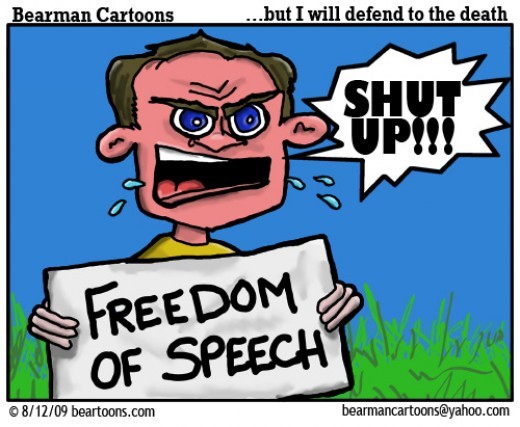The results are in for round two of the 2014 United Teachers Los Angeles (UTLA) Presidential Election, and 7,235 of the roughly 32,000 (or 23 percent) UTLA represented teachers and health and human services working within The Los Angeles Unified School District (LAUSD) cast ballots.
On a related note, I lost my recent re-election effort [in round one] to continue serving as UTLA Secretary (my three-year term ends June 30). It's been an honor to serve, and I look forward to continuing to help make the new and returning leadership as successful as possible.
Why is voter turnout so low (in elections in general), why are so few people engaged in policy decisions directly affecting our lives and what can we do to increase voter participation?
Nowadays, when we want to engage and learn about what's going on in the world, we are exposed to media where the world of news and politics is most often packaged as entertainment. With a few exceptions, chest-pumping, righteousness and finger-pointing is celebrated, and courtesy is treated as weakness. While the primary purpose of a media outlet is to sell advertising space, by marketing themselves as news programs, they do bear a responsibility to inform viewers about what is going on in the world. Yet even among the more respected news programs, at the very end of the broadcast, the anchor most often makes a declaration -- something extremely obvious such as "that's the news" -- as if you weren't aware that this was a "news" broadcast, or as if, by proclamation, they've summarized everything going on in the world. There's no need to ask questions or dig deeper -- they've done that for you.
No one knows who said it first, but Mark Twain famously popularized the phrase, "there are lies, damned lies and statistics." Sadly, such a sentiment seems like an inviting mirage amidst the current state of "news." Some would argue that if you don't like it, don't watch. While true, it also holds that we have, and should have standards regulating what broadcasters can and cannot market, in order to protect viewers from false advertising and that current enforcement of those policies may not best be serving the public interest. Something is seriously wrong when cursing is met with harsh fines, yet saying you're a news program when you primarily cover car chases is perfectly acceptable.
Aside from the actions of broadcasters and regulatory agencies, it also doesn't help when the U.S. Supreme Court issues rulings -- as it has -- that stipulate that campaign finance laws restrict free speech, and that corporations can donate unlimited amounts to independent expenditure (IE) campaigns (as long as the candidate does not have any direct contact with the IE). In essence, the court has said that you have the same free speech rights as a corporation -- the only difference is that your 1040 doesn't have any trailing zeros.
Should you be able to say anything you want? Sarah Jones, a former Cincinati Bengals cheerleader, sued Nik Ritchie, owner of TheDirty.com, over libelous posts in the comments section of his blog asserting that she had sexually transmitted diseases and had slept with every player on the football team. Ms. Jones' lawyers argued that the Communications Decency Act didn't shield Mr. Ritchie from liability due to the fact that he personally selectively allowed the offensive comments to be posted, and then personally commented on each of those remarks. Ms. Jones won a $338,000 verdict against the website operator, which is now being appealed before the sixth U.S. Circuit Court of Appeals. Many tech giants -- including Google, Facebook, Microsoft, Twitter and Amazon -- want the judgment thrown out, arguing in court briefs that, whenever any individual objects, website operators "will be subject to a 'heckler's veto,' giving anyone who complains unfettered power to censor speech."
So, while we don't allow cursing on TV, is it okay to make incredibly cruel comments on the Internet about a person, and at what point do those remarks become libelous?
The late comedian George Carlin famously said that the big wealthy business interests that control everything "don't want a population of citizens capable of critical thinking... they don't want people who are smart enough to sit around the kitchen table and figure out how badly they're getting [treated] by a system that threw them overboard 30 years ago."
Let's prove him wrong.
And that's the news today.
Image Copyright Bearman Cartoons -- beartoons.com

